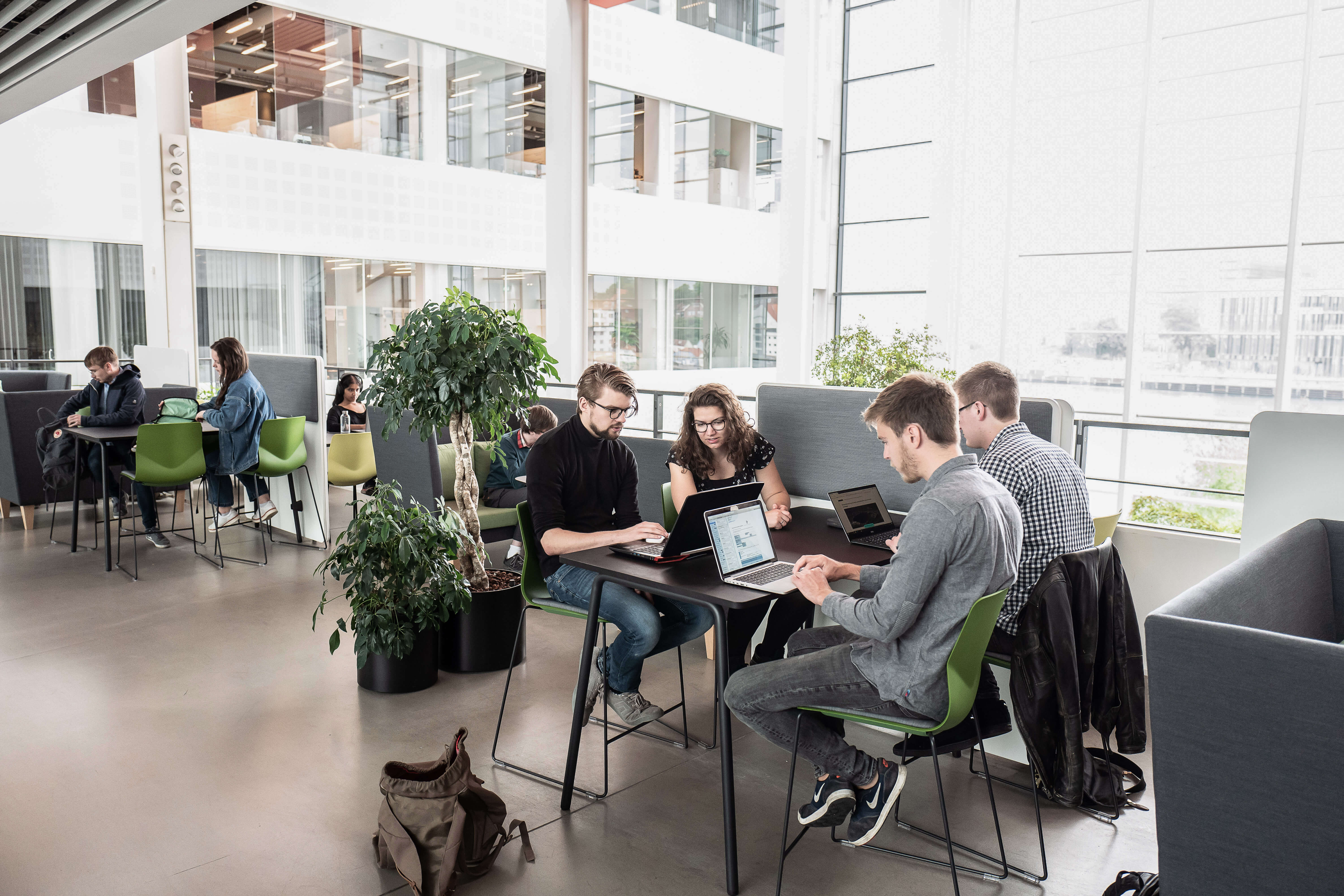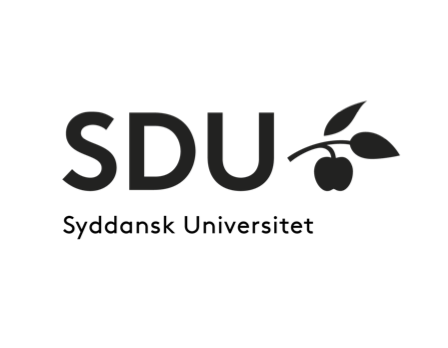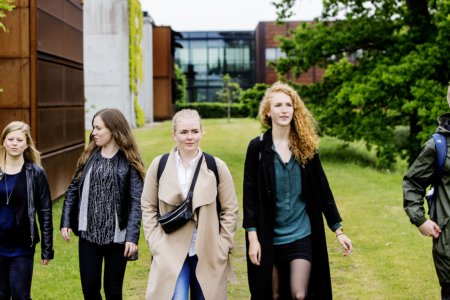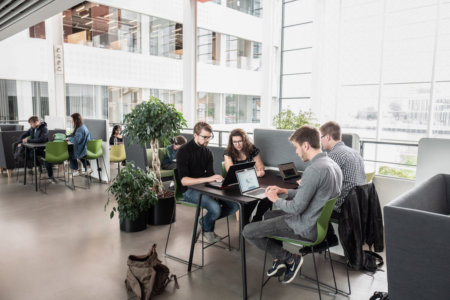Ilian Pappa’s love for technology dates back to when he was just a boy growing up in Albania. He had always excelled in mathematics and physics. Having a mother who came from a biochemistry background helped. “I have always gotten satisfaction from proofing or solving problems,” he says.
Upon moving to Greece at the age of 16, Pappa’s love for science and electronics continued to blossom. The courses he took in high school inspired him to pursue a bachelor’s degree in Electronics at the Alexander Technological Educational Institute of Thessaloniki.
When the time came to look into postgraduate studies, Pappa’s foundation opened a variety of doors. He got accepted to institutions in Austria and the UK, but one university stood out to him for multiple reasons. The University of Southern Denmark (SDU) was not just facility-filled or a comfortable home for 1,500 international students every year, it was also far more affordable than most.
Source: University of Southern Denmark
What’s more, the university has a programme that was aptly in line with his goals. “I wanted something in electrical engineering for my master’s and SDU’s option to combine power electronics with mechatronics sounded very attractive to me,” he shares.
The programme that caught his eye? SDU’s MSc in Engineering – Mechatronics. This programme nurtures trouble-shooters to design and develop high-tech mechatronic products for an ever-evolving market. As consumers increasingly demand faster and more flexible products, these professionals will remain in demand –– creating effective products that could also save energy.
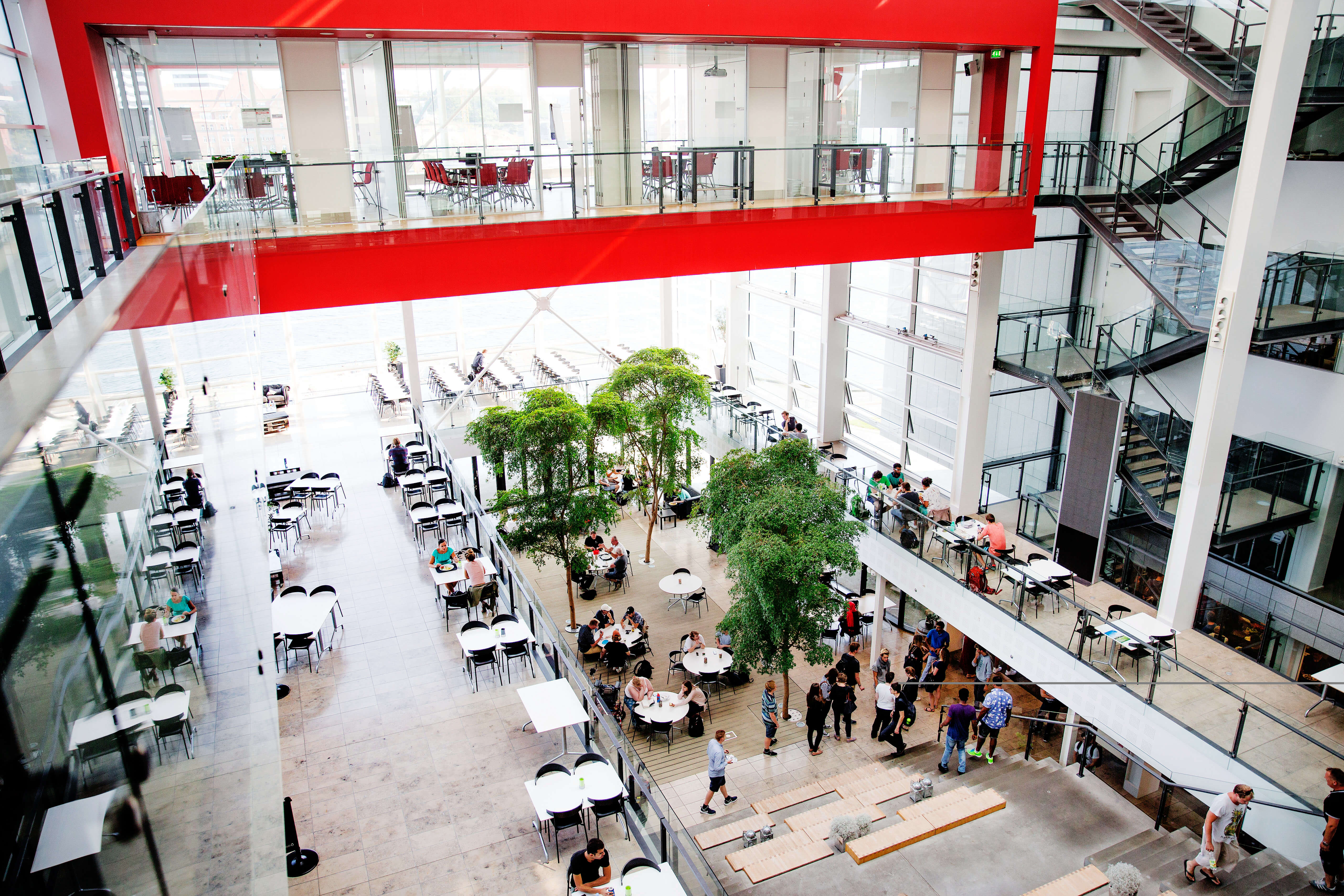
Source: University of Southern Denmark
Apart from a suite of technical skills that identify problems and optimise production, students are set to graduate with crucial leadership skills. This know-how produces engineers that work across disciplines –– transforming product ideas into practical solutions for everyday life. In short, it’s a programme that nurtures development engineers with special competencies in mechanics, electronics, and software.
Those who decide on this route become part of a project-based study environment that focuses on problem-solving. Real-world problems ensure students graduate career-ready. The programme accomplishes this by receiving project outlines from companies looking for solutions. Alongside hands-on teachings and a student-centred approach to learning, Pappa thoroughly enjoyed classes in control systems, electromechanics, switch mode converters, grid connected converters, and VHDL during his studies. He also considers the MDB projects to have been extremely useful.
“I believe having a master’s degree helps to some extent in finding a job. On the other hand, SDU is a university that companies in the region both know and appreciate,” he explains.
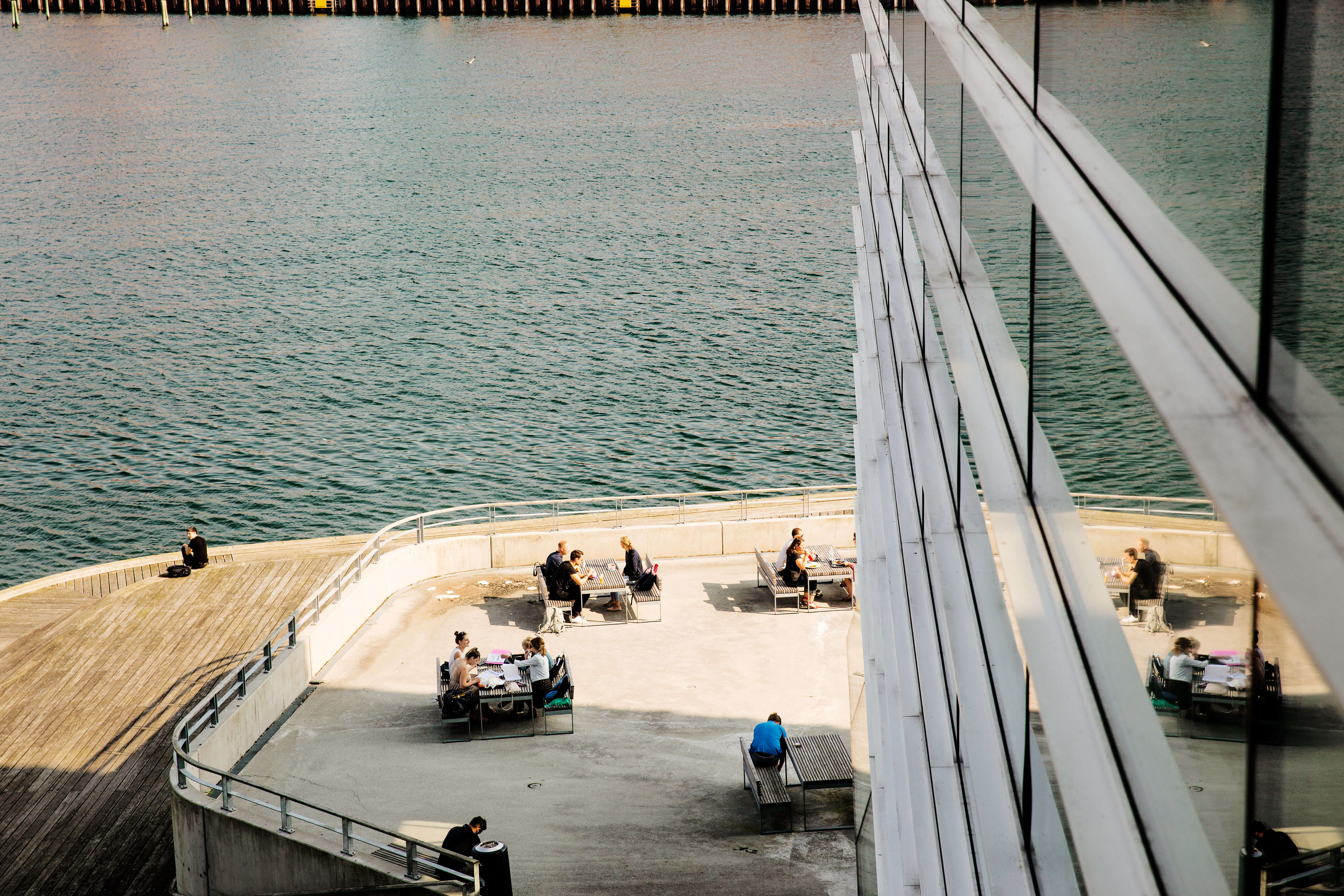
Source: University of Southern Denmark
At SDU, immersion opens doors. Graduates often enjoy a range of job opportunities both within Denmark and abroad. Many succeed as development engineers with managerial responsibility, specialists in specific technologies, consultants, educators, researchers, entrepreneurs or even project managers.
“We find the study programme really interesting, because we envision great opportunities for engineers who master multiple disciplines,” says INFOCOM A/S CEO Bent Kristensen. “Especially here at INFOCOM we can easily picture an engineer with a degree in mechatronics as a project manager.”
The First Job Guarantee scheme ensures SDU graduates hit the ground running. The joint effort by the university and Southern Denmark’s vast array of local companies offers fresh grads six months of employment, if they have yet to acquire a position on their own.
Pappa landed a rewarding role of his own just days away from graduating. Now a hardware engineer at Danfoss Power Solutions in Nordborg, he credits the knowledge he gained at SDUH for his present success. The top three SDU offerings that have prepared him for the rigours of the workforce? Exposure to research, collaboration, and lessons in today’s engineering tools. Industry knowledge was an added bonus. SDU’s Department of Engineering gave him the chance to job shadow in Danfoss Silicon Power in Flensburg and visit FORCE Technology’s EMC lab in Aarhus with the rest of his class.
“Both were very good in giving me an impression of a company while gaining in-depth knowledge on new technologies or projects,” he enthuses. “I am currently practising EMC testing as a professional and I’ve had the chance to meet the same people I did when visiting as a student.”
If you’re ready to network with leading industry figures, join a vibrant multinational campus, take part in a comprehensive programme, and ultimately learn the fundamentals of engineering products of the future, click here to begin your SDU journey.
Follow SDU on Facebook, Twitter, Instagram, YouTube, Pinterest and LinkedIn

